Group members
Faculty
Yorgos Tsipolitis, Konstantinos Kousouris
PhD students
Garyfallia (Lisa) Paspalaki, Ioannis Papakrivopoulos, Georgios Bakas, Anna Zacharopoulou, Theodore Chatzistavrou, Eirini Siamarkou
CMS Experiment
CMS is one of the 4 experiments of the Large Hadron Collider (LHC) at CERN and is a general purpose experiment. CMS detects and analyzes the particles tha occur from the proton-proton collisions at the centre of the detector. There are more than 1 billion proton collisions per second. The detector weighs almost 14.000 tons. It consists of 15 large pieces that were constructed on surface and then were connected to each other 100 metres below ground. The superconductive solenoid magnet used at CMS has a steady temperature of -268.5 C and produces a magnetic field of 3.8T almost 100.000 times larger than the magnetic field produced by earth. One can imagine the CMS detector as a camera that provides us with information about the particles that occur from the proton-proton collisions.
Physics Analysis
Top Physics (ttX)
ttbar differential cross sections in boosted l jets and all-hadronic channel (2016)
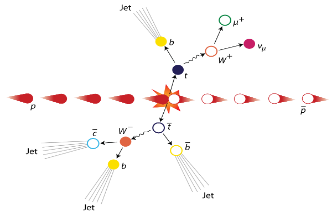
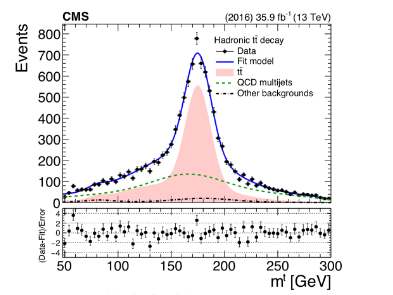
Higgs Physics (ttH)
A search of the production of a standard model Higgs boson in association with a top quark pair (ttH) in the all-jet final state using large-radius jets.
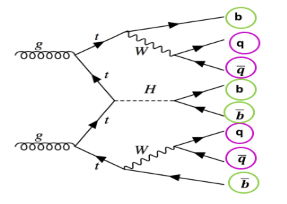
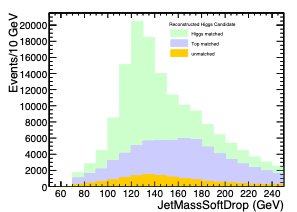
Supersymmetry (SUSY)
Search for supersymmetry in final states with photons and missing transverse momentum in proton-proton collisions at 13TeV.
W+bb
Measurement of the associate production of W boson with 2 b-quark jets in proton-proton collisions at sqrt(13) TeV
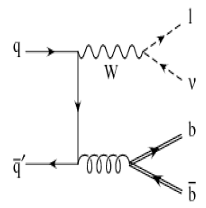
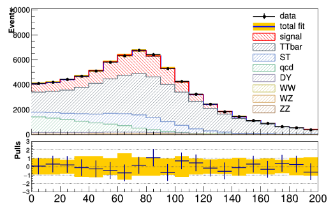
Single Top
Measurement of the differential cross section of the single top quark events in the t-channel at sqrt(13) TeV using the CMS detector
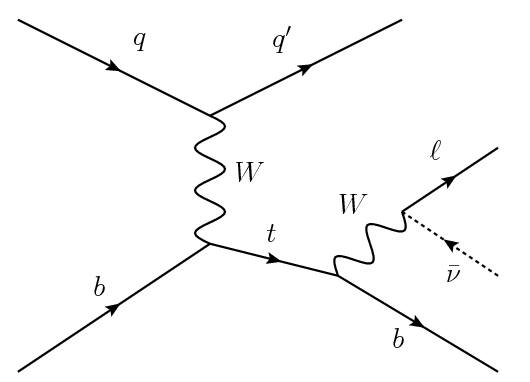
Detector Control System (DCS)
Active members of the CMS Central DCS Department. Constant support and development of new tools.
- 1. Development of DB Editor And Navigator. A tool that gives the user the opportuinity to create projects that run on production on his/hers local machine.
- 2. Alert Screen
- 3. CMSfwInstallUtils, Configuration Database test. User can check the consistency between the data loaded on the local machine and the data in the database for several configurations. For every missing configuration or inconsistency, the user gets an appropriate message
- 4. CMS Handhsake. This tool provides interaction between the CMS experiment and the LHC network.
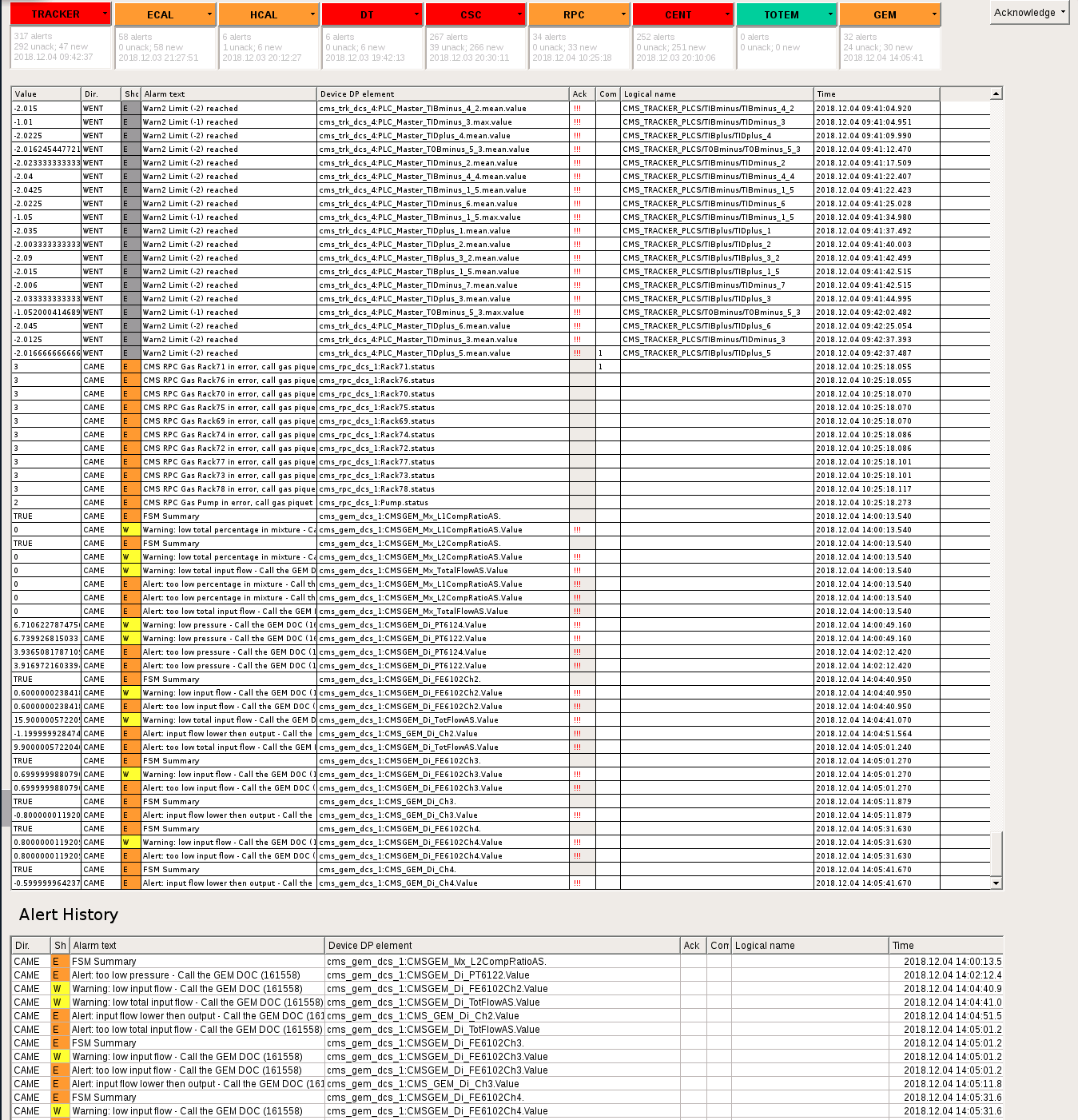
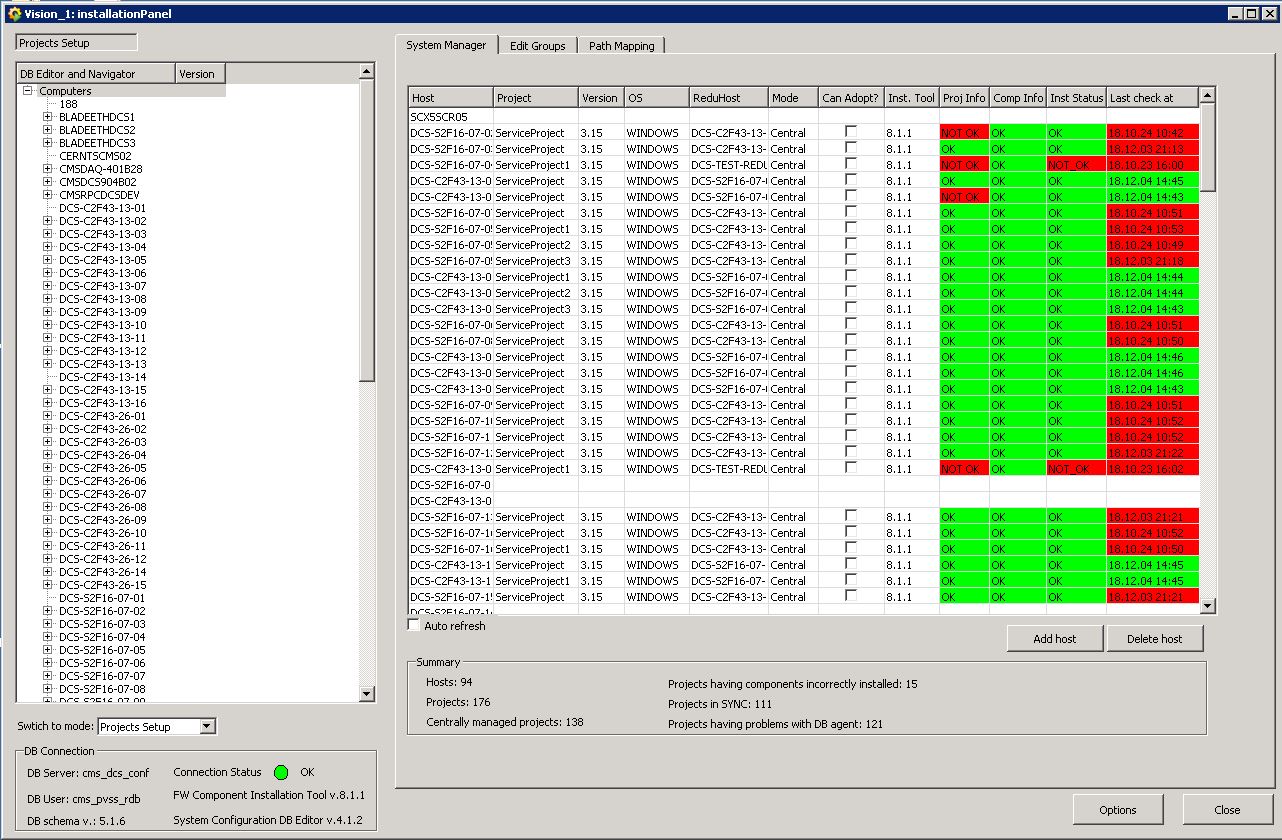
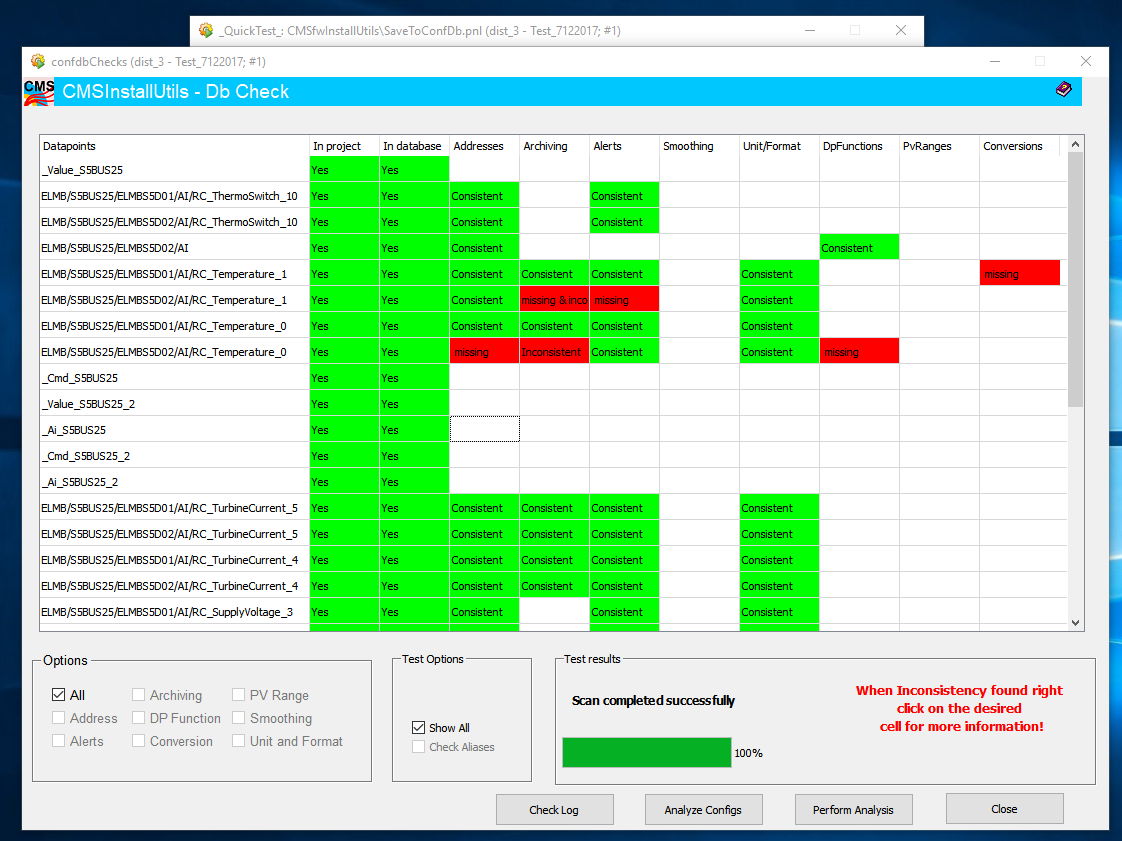
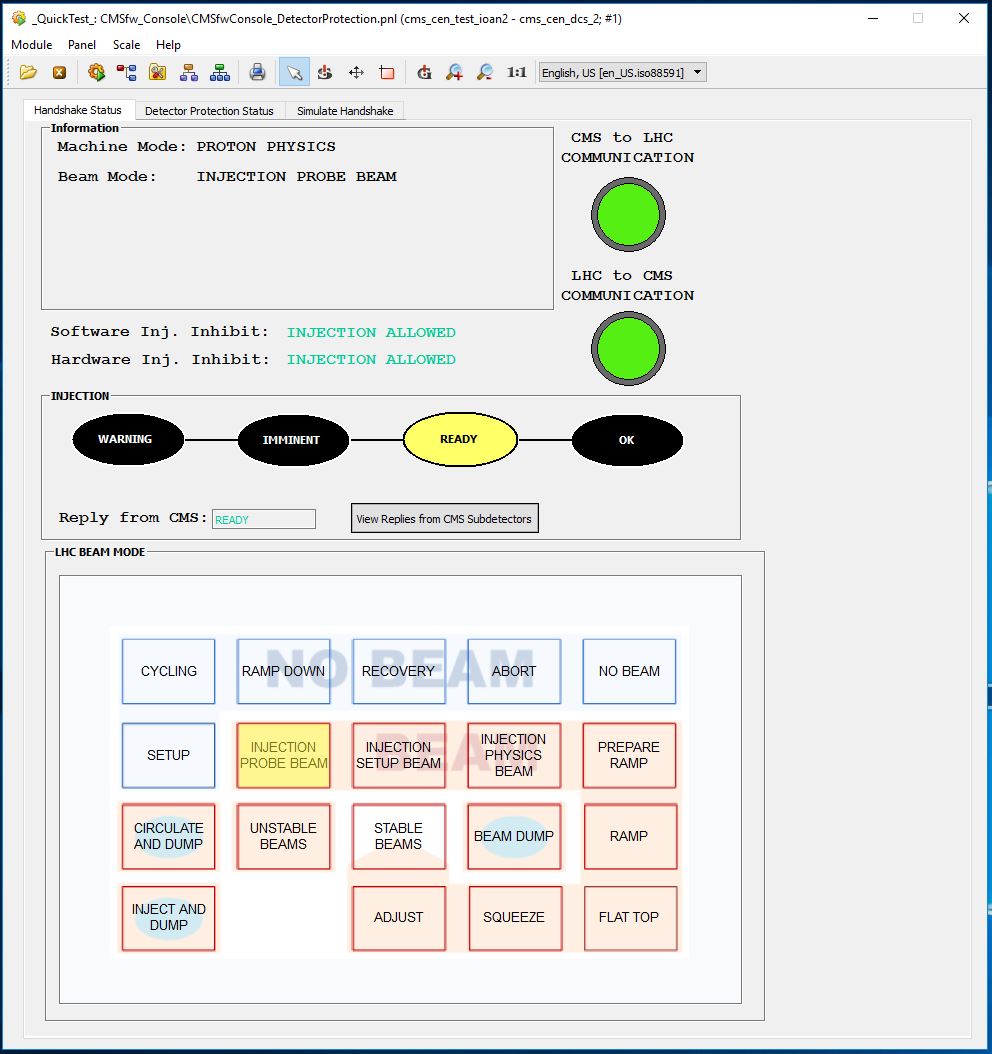
HGCAL Detector Control Systems
Development and testing of the new Detector Control System Finite State Machine (FSM) for the new detector HGCAL (High Granularity Calorimeter) that will be applied on the CMS detector after the long shutdown. Also support for the High Voltages in the HGCAL test beams as well as environmental monitoring using PLC's. The framework in which the environmental conditions were monitored, was developed by our team. More information on the detector can be found here: HGCAL Detector
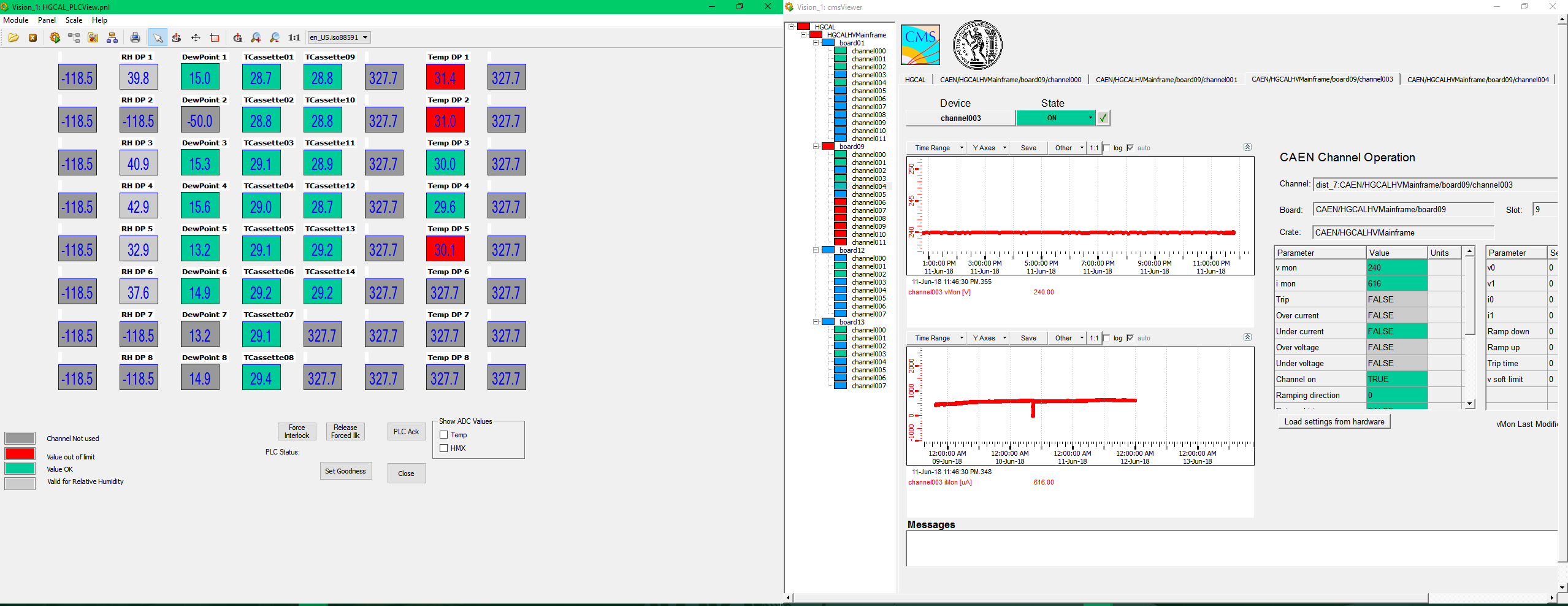
Contact Information
For more information on the group activity, or for any questions, conctact us here:

